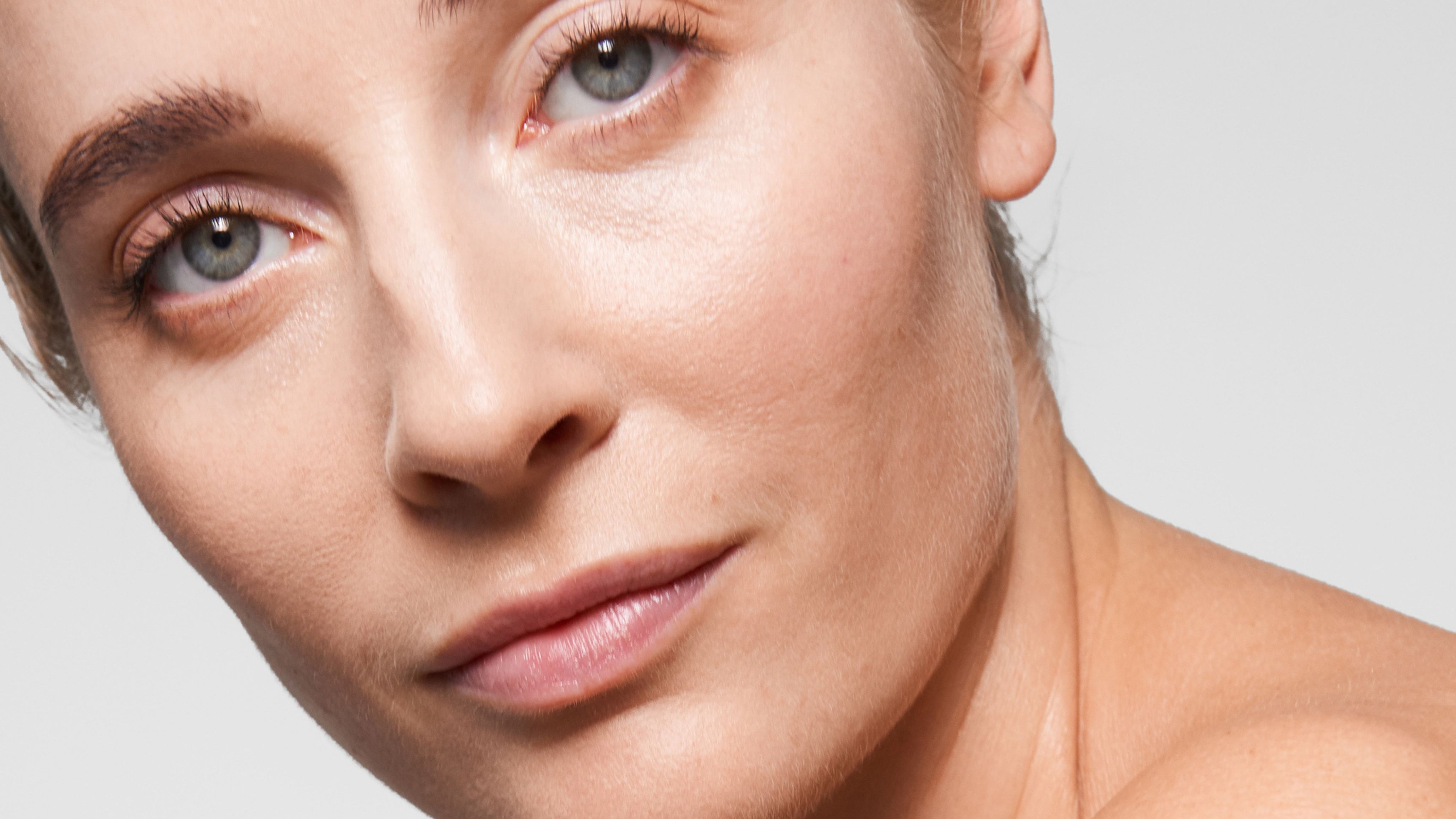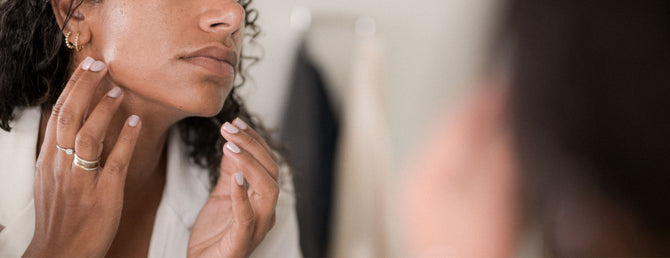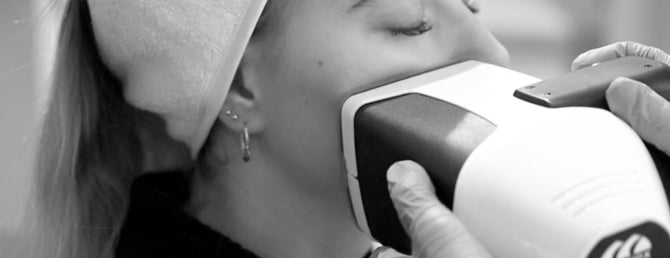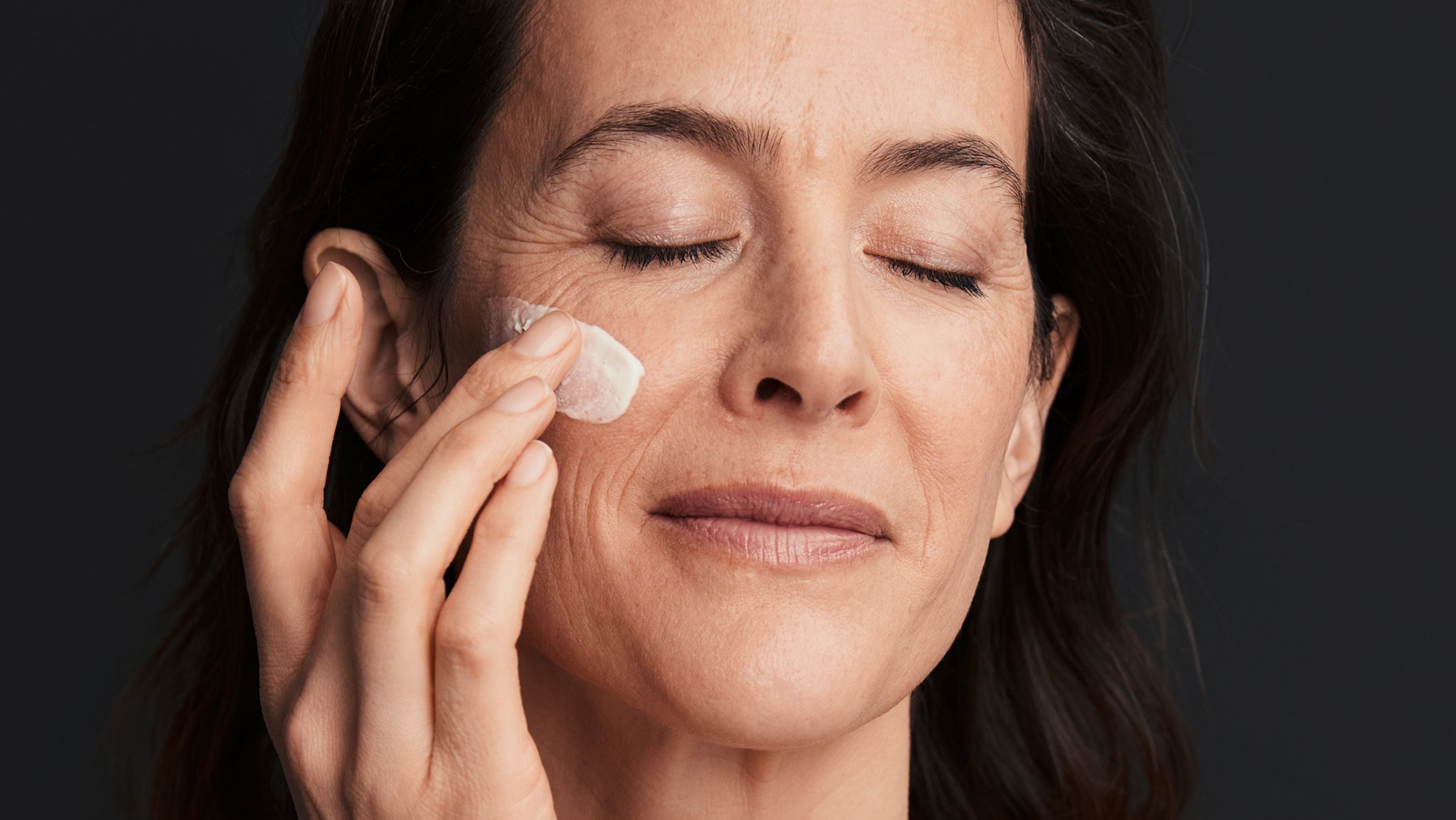
Oily skin is common, especially in men or during younger periods of life, such as puberty. Although it is most common in younger people, oily skin can occur up to the age of 60 or even older.
Oily skin is caused by overstimulated sebaceous glands. The glands are primarily stimulated by the male sex hormone testosterone, which makes oily skin more common in men, although oily skin occurs in both sexes. The number of sebaceous glands is greater on the face than on the rest of the body, especially in the visible T-zone, which consists of the forehead, nose and chin. Therefore, oily skin is most prominent in these areas.

Men's skin is often oilier and less dry than women's skin. This is mainly due to men's higher levels of testosterone, which stimulates the sebaceous glands to produce more sebum, making the skin more oily and not as dry.
In women with oily skin, sebum production has been shown to change during the menstrual cycle, which is likely due to changing hormone levels during the cycle. Sebum production increases the week before and during menstruation, while it is lowest during the second week of the menstrual cycle.
The increased production can increase the tendency to have clogged pores that can ultimately lead to acne. In women with normal or dry skin, similar changes in sebum production during the menstrual cycle have not been seen.

The protective layer of sebum, which characterizes oily skin, is normally good for the skin. The lipids found in sebum are the skin's own selected combination of oils and fats that prevent the skin from becoming dry while providing the skin with good protection. In addition to reduced dryness and increased hydration, there is also a connection between a high sebum content in the skin and fewer wrinkles!
A common misconception about oily skin is that it is more impure and therefore needs increased cleansing. Unfortunately, this is nothing more than a persistent myth. If you have oily skin or problems with pimples, you should not wash more or use stronger cleansing products. A review of published scientific studies on how cleansing affects acne, studies in which a total of 671 test subjects have been included, has not been able to show that cleansing in any form has led to improvements in acne-prone skin.

Good skin care for oily/combination skin works in several different ways that together counteract the risk of oily skin getting clogged pores, pimples and acne. The ingredients should:
- Be non-comedogenic
- Regulate sebum production and reduce sebum production
- Improve the maturation process and speed up the shedding of skin cells (keratinocytes), which reduces the risk of clogged pores.
- Reduce inflammation and irritation
- Regulate pore size
- Moisturize and nourish, i.e. contribute to healthy and balanced skin

In our trio kit Breakout Control Trio we offer a minimalist and effective routine for oily and/or acne-prone skin. The following products are included in this routine:
This is a gentle, hydrating and effective cleanser that removes dirt and makeup without drying out the skin. It contains neither perfume nor dyes that can disrupt your good skin flora (= your microbiome). Among the active ingredients are postbiotics that bind water in the skin, minerals that absorb oil and dirt and a low dose of BHA acid of 0.25% that has a mild smoothing effect and is gentle on the skin. Other key ingredients are squalane, glycerin, emollient oat oil and barrier-strengthening niacinamide.
This is our ultra-light face cream that is specifically developed to suit oily, acne-prone and combination skin. The formula contains postbiotics, fermented rice and arginine that mimic and protect the skin barrier. Zinc reduces sebum production and has an astringent effect while niacinamide contributes to a more even skin tone. The flavonoid naringenin has an antioxidant effect and reduces the formation of free radicals, which can reduce redness.
Azelaic Concentrate contains 10% azelaic acid, which balances bacteria linked to acne and redness. The high concentration of active ingredients regulates sebum production, reduces the risk of clogged pores and uneven pigmentation, while soothing the skin. The postbiotics ectoine, panthenol and acetylglucosamine moisturize, soothe and promote an even skin texture.




